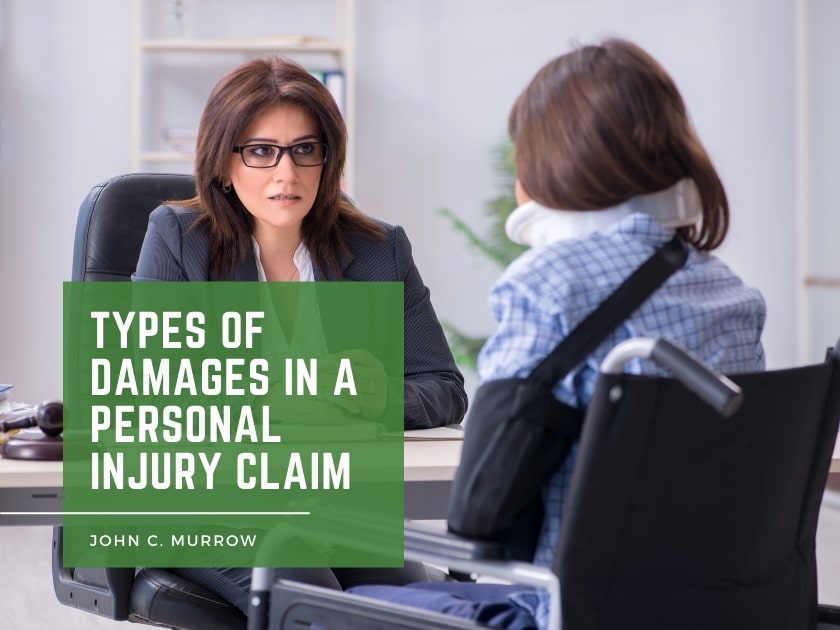If you've suffered an injury due to another person's negligence, you may seek "damages" for those injuries by filing a personal injury claim.
What Are Damages in a Personal Injury Claim?
In legal terms, the word damages refers to the monetary compensation for injuries or losses caused by a wrongful act of a person or entity. The purpose of damages is to restore the injured person to the state they were before being harmed. However, before the plaintiff gets awarded the compensation, they need to prove the following:
- The defendant owes the plaintiff a duty of care;
- That duty was breached;
- The defendant's action or inaction caused the plaintiff's injury or losses; and
- Proof of the injuries or losses acquired.
Although there are many different types of damages, they are often divided into two basic categories: compensatory and punitive. Now let's take a closer look at these two types of compensation for personal injury claims.
Punitive Damages
Punitive damages are rarely awarded in a personal injury claim and always come in conjunction with compensatory damages. If compensatory damages only aim to seek compensation, punitive damages intend to punish the wrongdoer.
Punitive damages are awarded if the defendant is found guilty of malicious, fraudulent, and willful actions that caused harm to the other party. Punitive damages are designed to prevent the defendant from repeating the same actions again and discourage others from engaging in similar conduct.
Determining Damages
Determining the damages depends on several factors, such as the severity of the injury and the strength of the evidence in the case. In a comparative negligence state like Florida, the damages awarded are determined by the corresponding fault of both parties. This means that the compensation the plaintiff receives is reduced depending on their contribution to the accident.
If you or a loved one has been injured due to another person's recklessness, do not hesitate to seek legal help. An experienced personal injury lawyer like John C. Murrow can help you understand your rights better. John will also strive to help you receive the maximum compensation you deserve. Call John today at (813) 999-4950 for a free evaluation.

